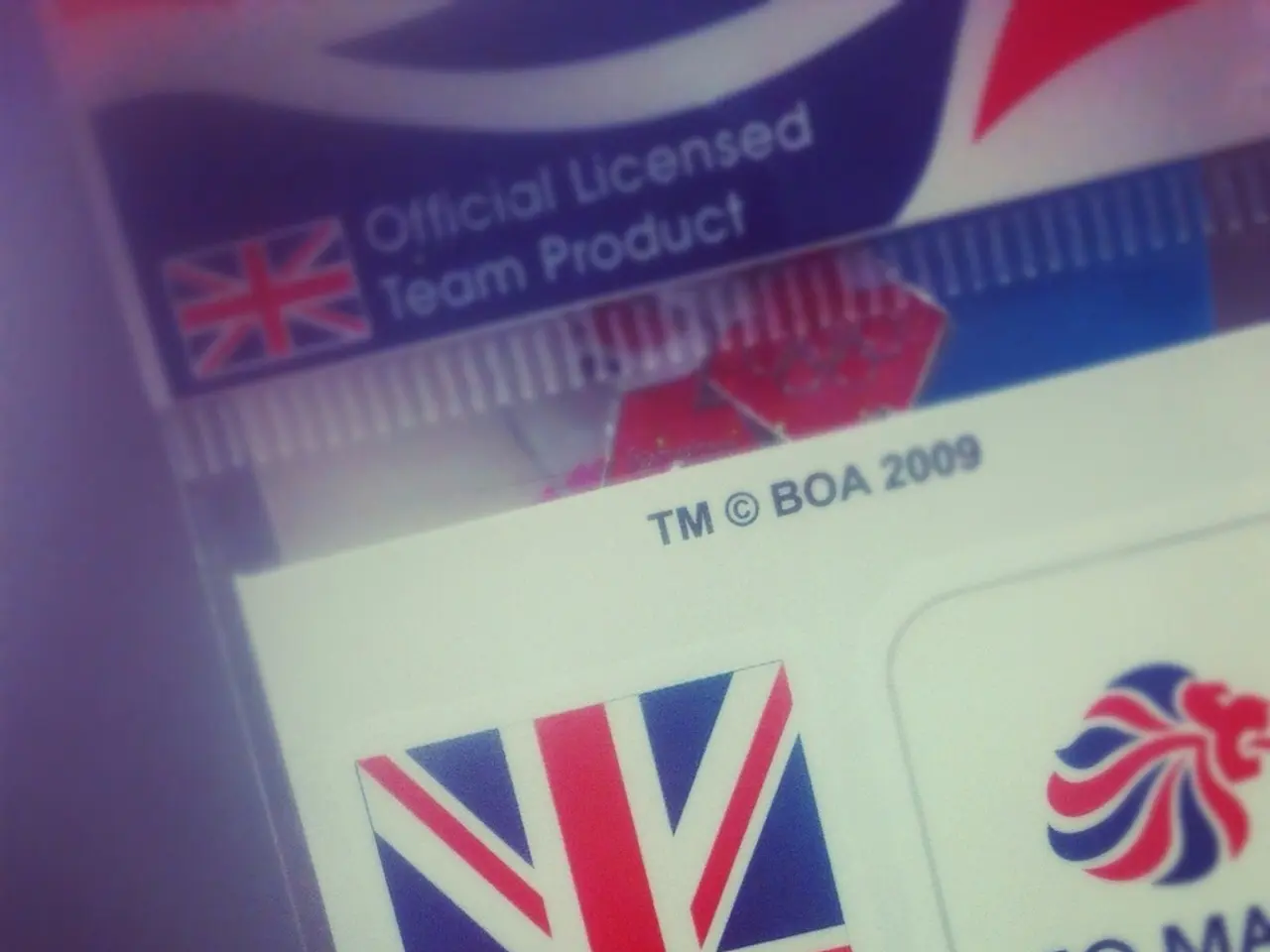Government linking entire loan records to National Identity Number (NIN) in Nigeria
The Nigerian government, in a significant move, is introducing a unified national credit system that links individuals' credit scores directly to their National Identification Numbers (NIN). This initiative, announced by Uzoma Nwagba, Managing Director of the Nigerian Consumer Credit Corporation (CREDICORP), aims to revolutionize credit accessibility and borrowing practices across the country [1][2][3][4].
### Key Features of the System
The system will consolidate credit information from various financial institutions, including commercial banks, FinTech companies, and microfinance outfits, into a single national credit bureau. This means every loan taken—from any lender—will be recorded and linked to the individual’s NIN [1][2][3]. Each Nigerian's creditworthiness will be represented by a three-digit credit score, typically ranging from 300 to 850, connected to their NIN. This score assesses the likelihood of repayment and financial reliability [2][3].
The system's traceability and accountability features reduce the chances of loan evasion or fraudulent borrowing under different identities. Since all borrowing and repayment data trace back to the NIN, every loan is trackable nationwide [1][2][4]. Strict penalties will be enforced for those who default on loans, potentially affecting the renewal of passports, driver's licenses, and access to housing [1][4].
### Implications for Credit Accessibility and Borrowing
This unified system promises more accurate credit assessment by consolidating credit histories across all lenders and linking them to NIN. This should reduce bias and improve loan decisions [2][3]. Individuals with higher credit scores linked to their NIN can potentially qualify for larger loans and better credit products, as lenders can more confidently offer credit [2][3].
The system is expected to increase transparency, with borrowers benefiting from more transparent interactions with lenders. Additionally, reduced credit risk and fraud are anticipated due to the single identifier linking all loans [1][2][4]. However, those with poor repayment records could face significant restrictions affecting not just credit access but also other services tied to government-issued IDs like passports and driver's licenses [1][4].
In conclusion, the unified credit system linking NIN to credit scores represents a transformative step in Nigeria’s financial landscape. It aims to enhance transparency, reduce credit risk, increase responsible lending, and ultimately expand credit access for individuals who maintain good financial discipline, while holding defaulters accountable with tangible consequences [1][2][3][4].
The new credit system will incorporate data from various financial institutions, such as banks, FinTech companies, and microfinance outfits, to create a central national credit bureau, linking each Nigerian's credit score to their National Identification Number (NIN). This consolidated system, aimed at revolutionizing borrowing practices, will enable lenders to make more accurate credit assessments and potentially offer better credit products to individuals with higher credit scores.
The traceability and accountability features of the system minimize the risk of loan evasion or fraudulent borrowing under multiple identities, ensuring that every loan is trackable nationwide. As a result, the system will potentially affect the renewal of passports, driver's licenses, and access to housing for individuals who default on loans.




